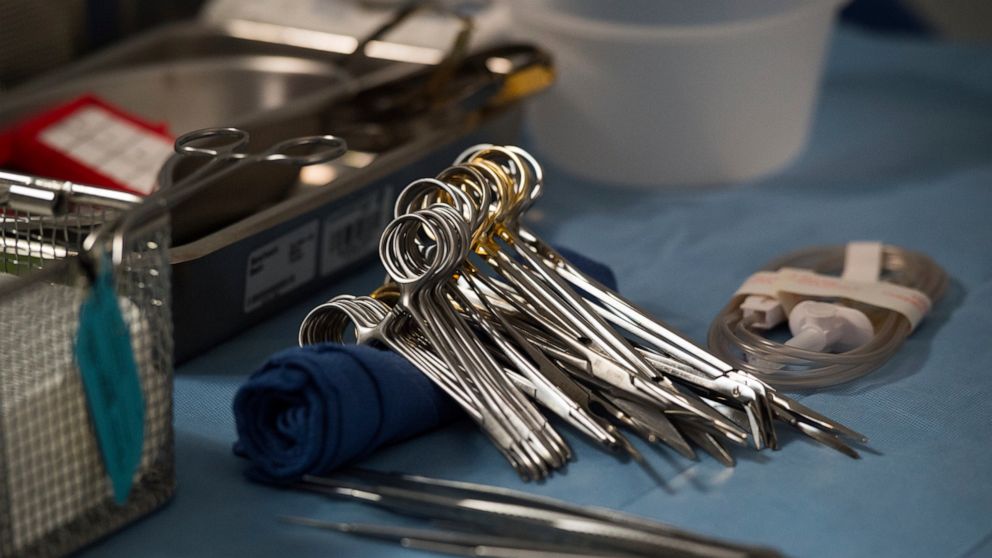
Panel urges changes to make US organ transplants more fair
ABC News
An influential scientific advisory panel says the U.S. transplant system needs an overhaul to stop wasting organs and give more patients a fair chance
The U.S. transplant system needs an overhaul to stop wasting organs and give more patients a fair chance at the life-saving surgery, says an influential scientific advisory panel that set a five-year deadline to turn things around.
The U.S. performed a record number of transplants of kidneys, livers and other organs last year, more than 41,000 -- the vast majority thanks to donations from the dead. But for all the lives saved, Friday’s report from the prestigious National Academies of Sciences, Engineering and Medicine puts a spotlight on problems that prevent saving even more.
More than 106,000 patients are on the nation’s list for a transplant from a deceased donor, and at least 17 die every day waiting. Many more who could benefit from a transplant never get put on the waiting list, particularly people of color, the report stressed. Among other challenges, geography makes a difference in how long the sick wait for a match -- and whether potentially usable organs are recovered when would-be donors die. And too often, less-than-perfect organs go unused.
“While the transplant system does a lot of good things and saves a lot of lives, it is demonstrably inequitable and doesn’t work for enough people,” Dr. Kenneth Kizer, a well-known expert in health care quality who chaired the panel, told The Associated Press. “A lot of things can be done to make the system work better for more people.”
